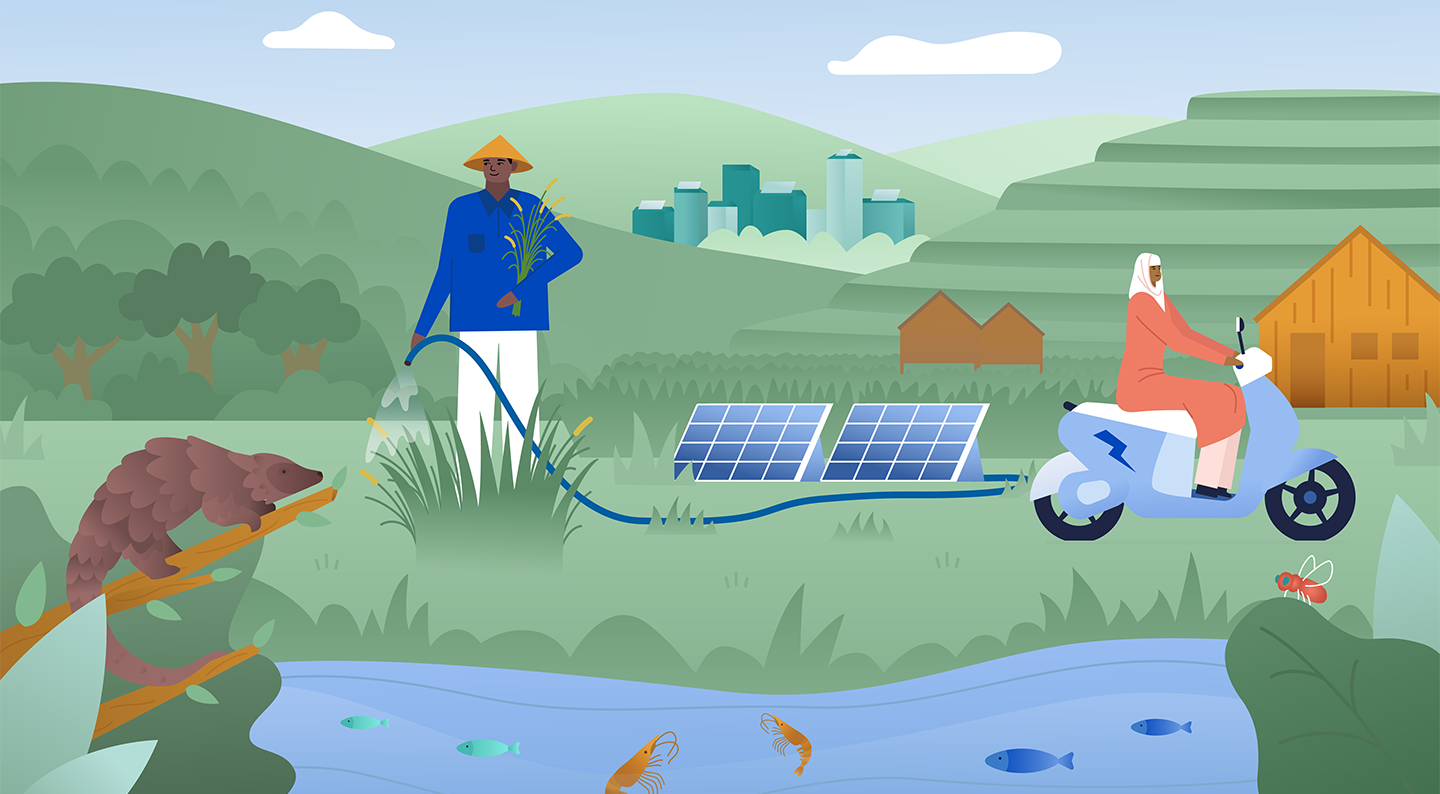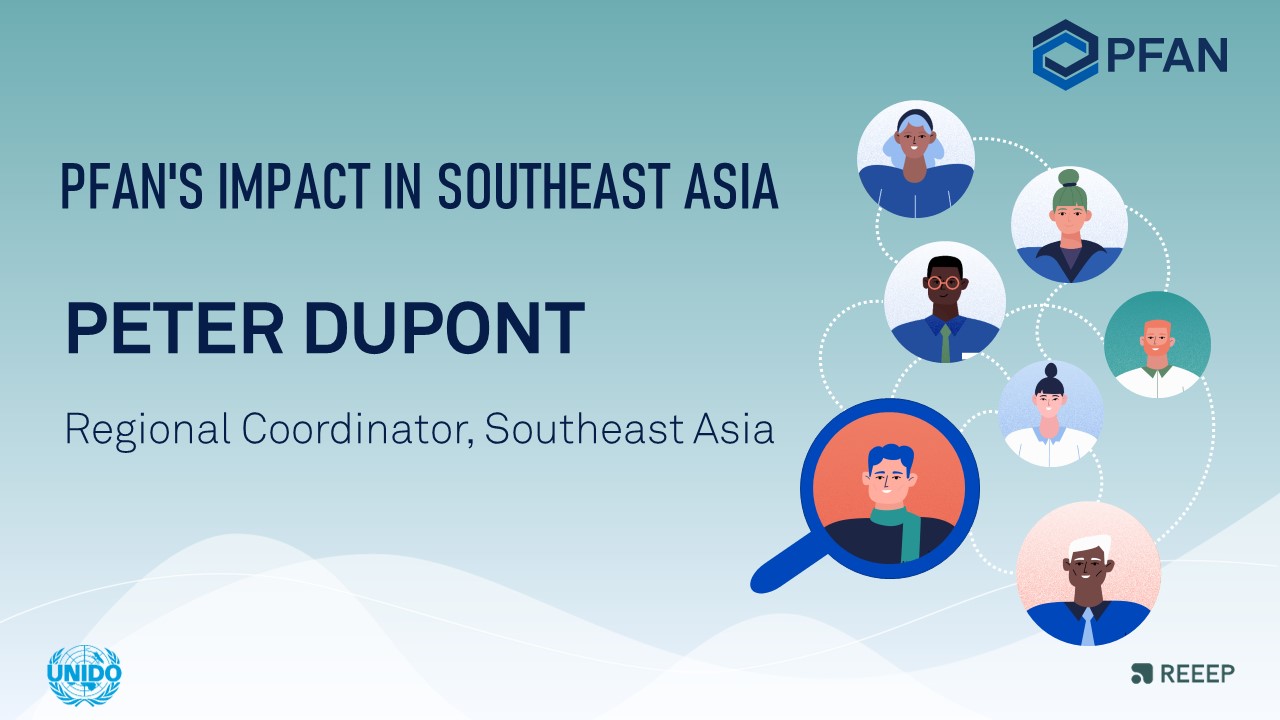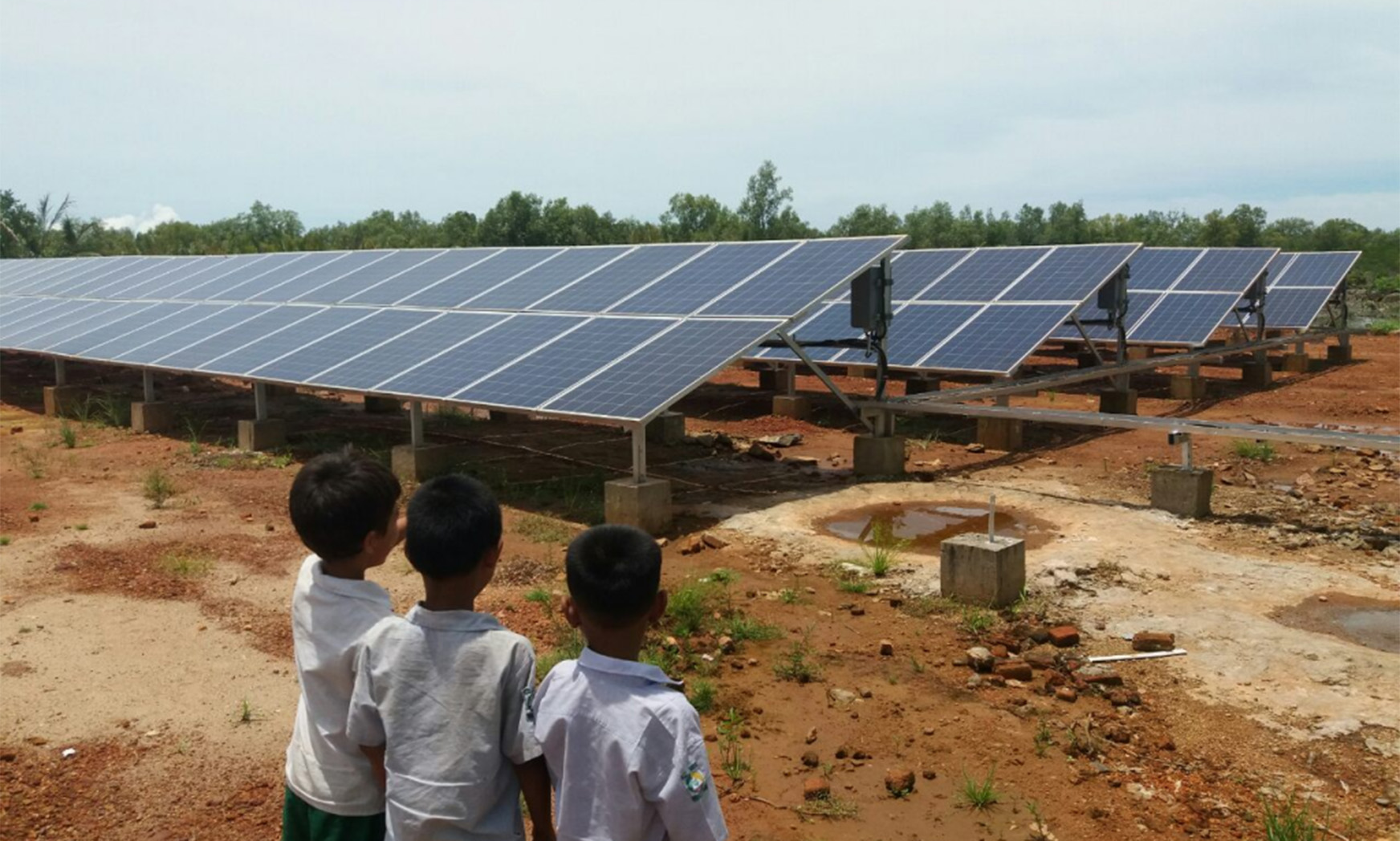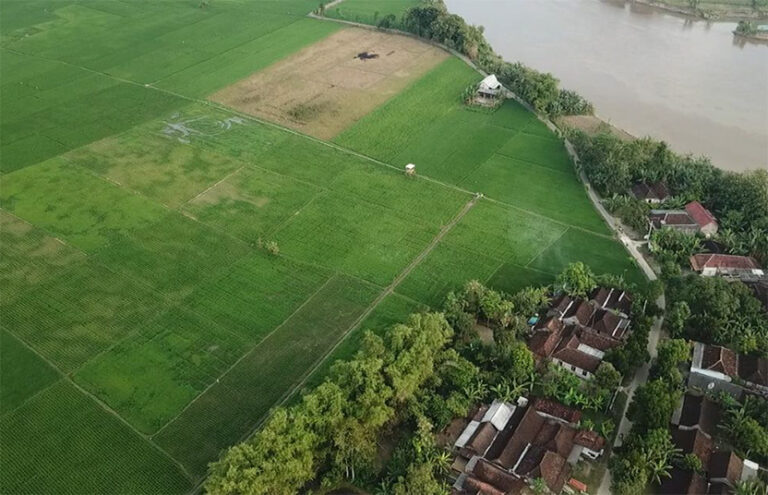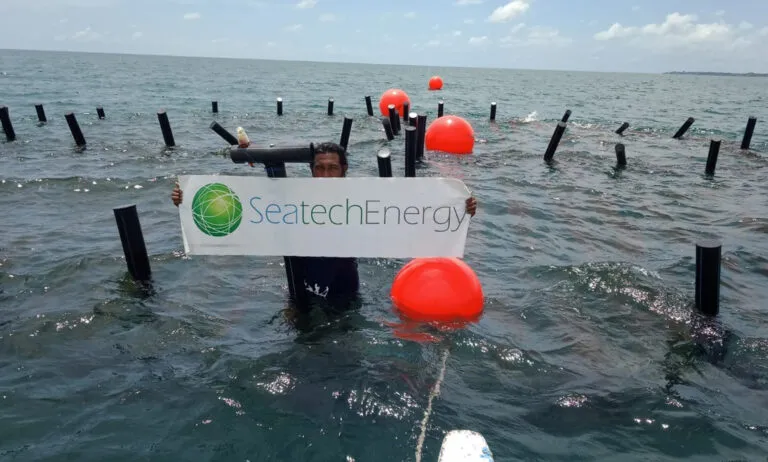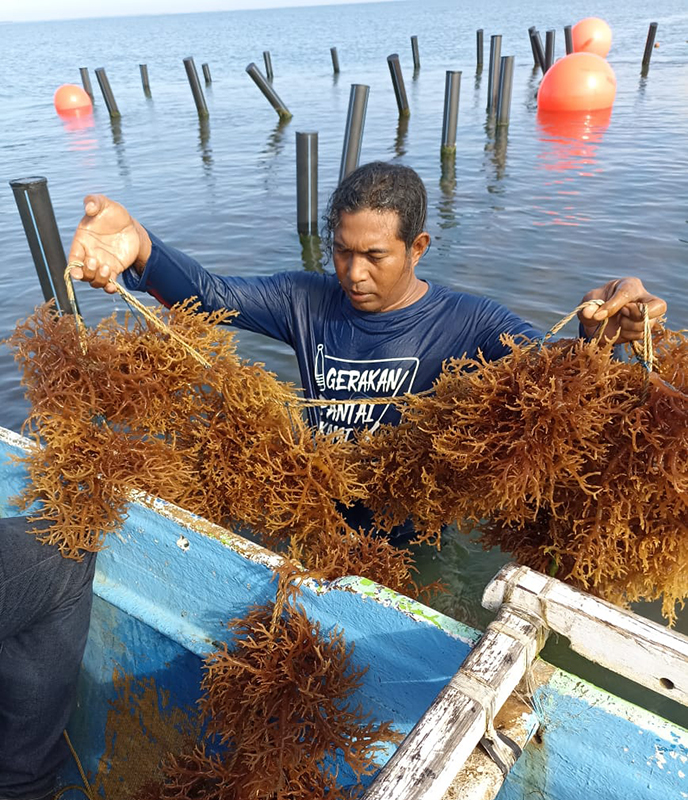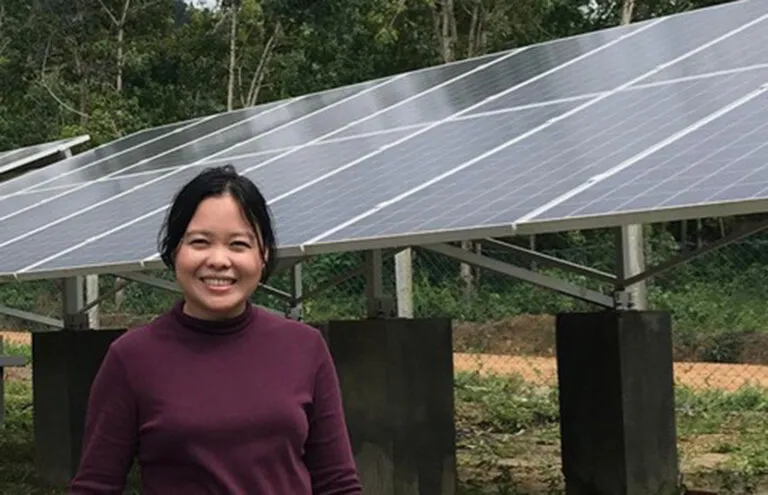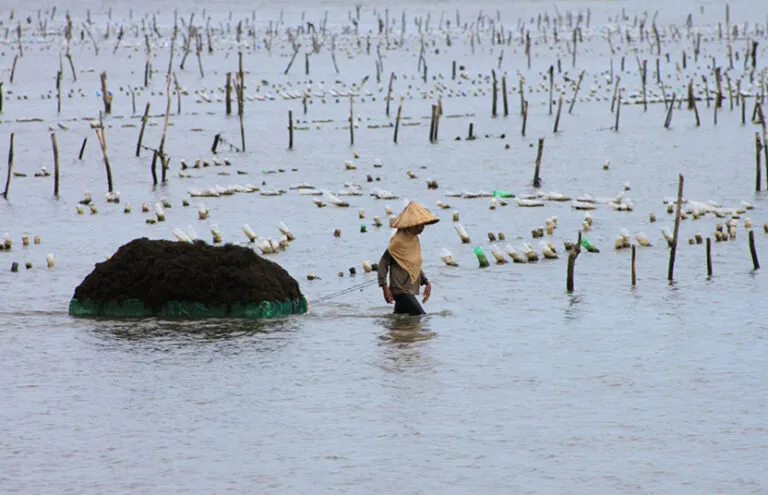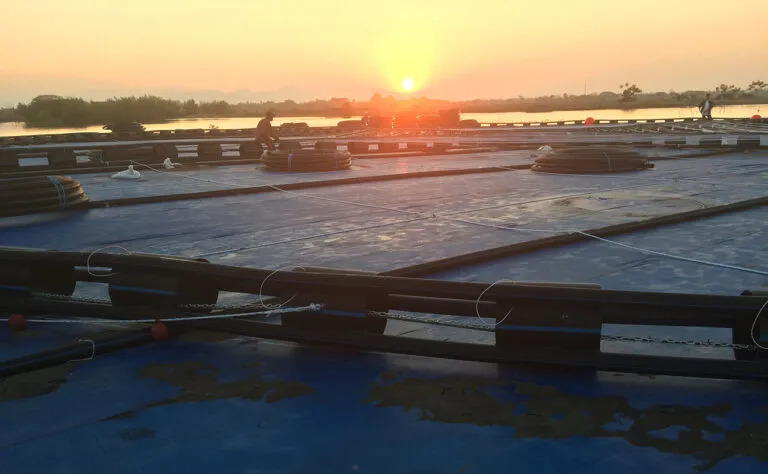PFAN IN SOUTHEAST ASIA 2016-2023
- 280 Total investment leveraged (USD million)
- 26 Total projects which mobilised finance
- 64 Clean energy capacity added (MW)
- 119 Projects provided PFAN support
- 100 000 Potential CO2eq reduced per annum (tonnes)
Market developments 2016-2023
In Southeast Asia, there is a pressing need to ramp up investment in the energy sector while prioritising cleaner technologies, especially as the subregion is often referred to as one of the most vulnerable to climate change in Asia.[1]
Southeast Asia’s economic development has traditionally relied heavily on fossil fuels, particularly coal-fired power plants, which currently contribute to over 40% of the region’s power generation. Despite the region’s abundant renewable energy resources, investment in renewable power has been inconsistent, and its deployment has yet to fully utilise the region’s potential.[2]
From 2016 to 2020, the region saw an average yearly investment of approximately USD 70 billion in energy, with about 40% directed towards cleaner options like solar PV, wind and grids.[3] Over the past five years, annual capital expenditures in solar PV and wind power have averaged around USD 10 billion, which is relatively low compared to global standards and even falls short of investment levels seen in sub-Saharan Africa. Notably, most of these investments have been concentrated in Vietnam alone.[4] Furthermore, private sector participation in the region’s renewable energy sector remains limited and even more so for climate adaptation.
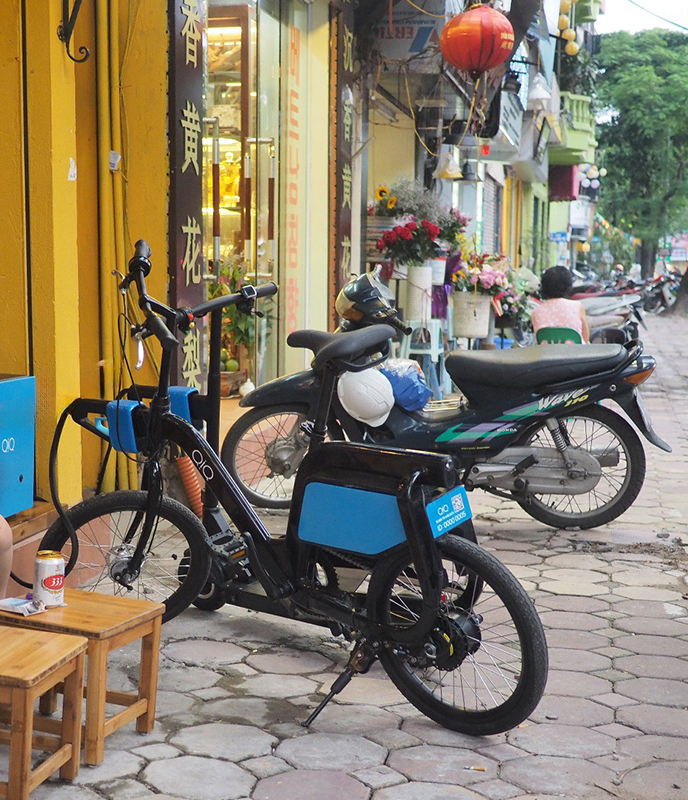
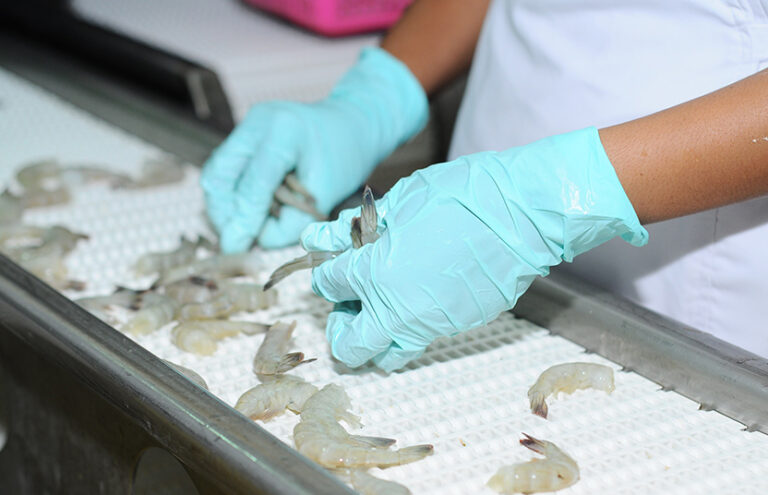
To drive down costs and make clean energy more accessible, the International Energy Agency suggests the region must improve its regulatory and financing frameworks.[5] Achieving this requires bolstering clean energy policies and regulations and tackling various financial barriers head-on – this is where PFAN has been playing a pivotal role over the past decade, supporting over 100 clean energy and climate projects, increasingly focussing also on those companies and projects which build resilience in response to climate adaptation, including for example in sectors such as circular economy, recycling, alternative proteins, agricultural value chains, cooling and green buildings.
PFAN’s activities
To tackle the challenges of climate change, the region has seen a rise in electric mobility, with electric vehicle sales growing by 35% year over year in 2022, led by countries such as Thailand, Indonesia and Singapore.[6] This trend has also been strong in Vietnam, exemplified through several PFAN-supported clean transport projects in the country mobilising investment, including QIQ Vietnam, Selex Motors, and most recently, Wiibike Vietnam, based in Hanoi, which raised financing at the start of 2023. This finance, raised to support production expansion in response to increasing demand, exemplifies the continued drive for electric vehicles in the region against the expectation that electric 2-wheelers will serve over 2 million customer users by 2030.
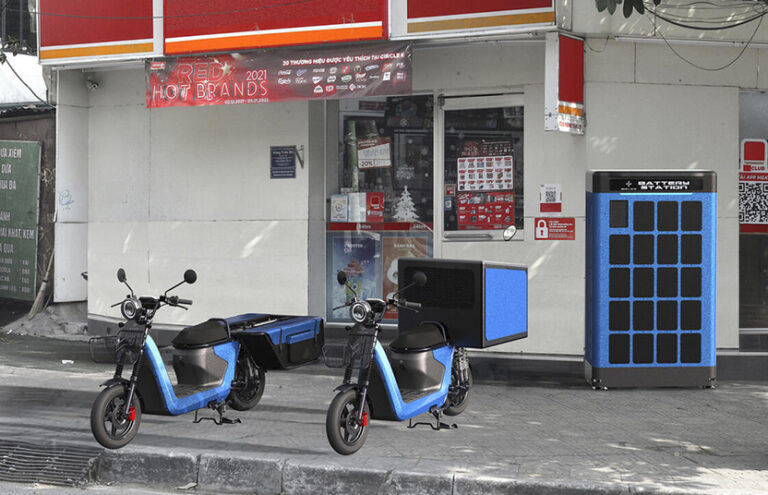
Investments in solar and wind energy are also increasing, particularly in Vietnam and Thailand, driving down the cost of renewable energy and creating numerous opportunities for businesses in the sector. Green hydrogen projects are gaining momentum, with significant investments from companies like Indonesia’s Pertamina, indicating a substantial shift towards cleaner energy sources.[7]
Additionally, alternative protein sources, including the black soldier fly and other insects, are gaining traction for animal feed and human consumption, supported by investments in start-up businesses throughout the region. For example, PFAN supported KBP Incorporation in Thailand, which promotes organic farming and plant-based protein food processing, and similar projects such as Sustainable Planet in Cambodia and Entobel in Vietnam, which aims to have the largest factory of insect proteins worldwide. This shows the drive of the region to tackle climate change and contribute to economic growth through clean energy initiatives.
As the potential and interest in renewable energy and climate adaptation projects in Southeast Asia grows, there is an increased need for PFAN to significantly contribute to its energy transition, e.g. implementing new strategies through tailored business coaching, facilitating early-stage equity investment, matchmaking services and technical assistance for investment funds, supporting green hydrogen projects and networking for decarbonisation initiatives.
Collaboration and event highlights
Creating strong partnerships and organising events are a key part of PFAN activities in Southeast Asia. Some highlights include:
- Since 2017, PFAN has been involved with the Asia Clean Energy Forum (ACEF) and the Asia Clean Energy Summit (ACES). In 2018, we partnered with the Sustainable Energy Association of Singapore (SEAS)’s Sustainable Energy Start-Up Network (SESUN) to launch the PowerACE Start-up Competition Initiative, which has taken place at both ACEF and ACES every year since, even during Covid as a virtual event. The competition provides a platform for early-stage entrepreneurs to pitch their ideas and innovations with advisory support from PFAN experts.
- PFAN also held a Gender Workshop at ACEF to highlight the experiences of women clean energy entrepreneurs in South and Southeast Asia. This led to the organisation of a more extensive session with the Asian Development Bank, including discussions around the macro environment and gender lens investment, enhancing capacity building within the space.
- In 2022, PFAN supported the Malaysian regional bank CIMB to host a pitch competition for SMEs in clean tech, clean energy and sustainability. The ESG-SME Pitch Challenge supported promising SMEs to pitch their projects to a panel of CIMB bankers and outside experts. PFAN helped CIMB identify SMEs with sustainability-focused business models or operations across the Association of Southeast Asian Nations (ASEAN) to compete in the event and helped SMEs prepare their investor pitch.
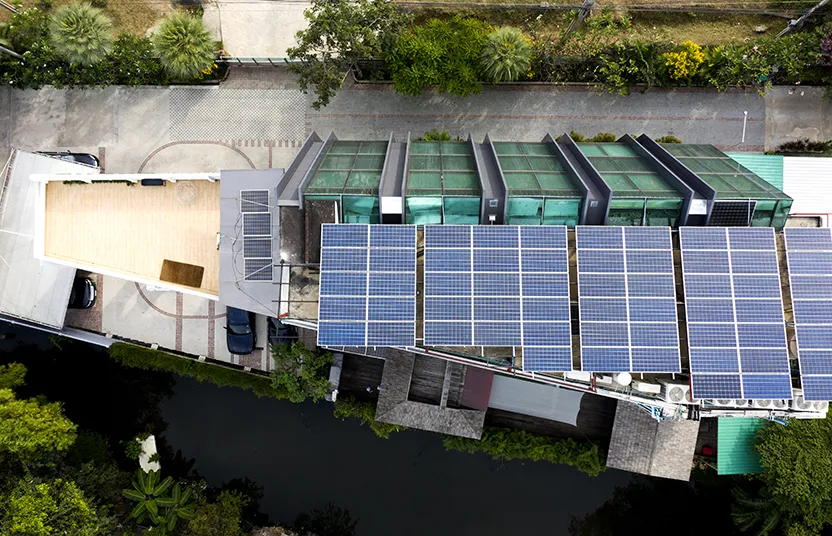
Capacity building and network creation
Since 2016, PFAN has also significantly invested in capacity building and training to help the network members and advisors better adapt to changing project, market and investor needs. In this connection, the combined PFAN Asian networks organised regular investor roundtables, each convening 20 investors from Southeast Asia and South Asia to share their experiences, lessons learned and views on market direction and opportunities. More than 30 PFAN advisors and network partners joined each roundtable. Furthermore, we have conducted several virtual Advisor workshops to transfer knowledge and learnings from experiences of working with project developers and entrepreneurs within the network.
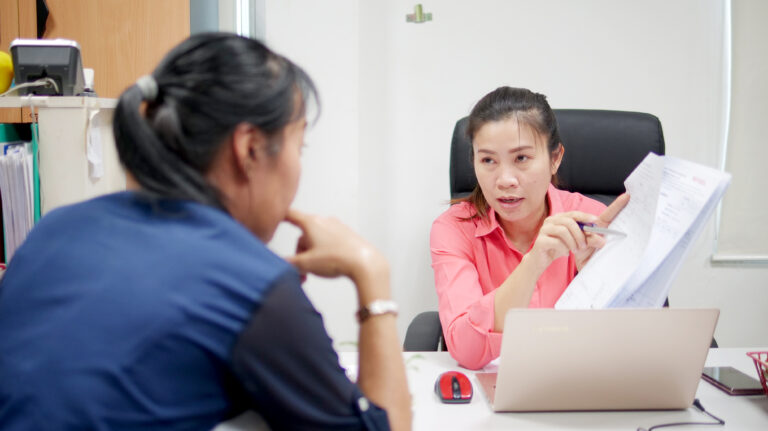
As funding related to the energy transition increases in the region to help foster engagement with the private sector and accelerate the pace of implementation and scale-up of clean energy and climate-friendly technologies and business models, there continues to be a strong requirement for project origination and preparation and investment facilitation services in the region, particularly for small and medium enterprises/projects. PFAN has created a unique set of Southeast Asia-based resources that are well-positioned to take on this role in the future.
These include strong, active networks across seven Southeast Asian countries (Cambodia, Indonesia, Malaysia, Myanmar, Philippines, Thailand and Vietnam), 39 network and investment partners active in the region, and a total of 29 active advisors working together to help increase the number of successful businesses in clean energy and climate adaptation.

Peter du Pont is Co-Founder and Co-CEO of an Asia-based international consultancy, Asia Clean Energy Partners, which provides services and solutions for clients in the development and business sectors. He is based in Bangkok and has more than 30 years’ experience developing sustainable energy and climate programs in the U.S. and Asia. Peter specialises in technical, policy, and market assessments, knowledge-sharing and development and stakeholder engagement. He and his firm contribute to the clean energy ecosystem in the region through their assignments for development clients such as the US Agency for International Development (USAID), the Asian Development Bank (ADB), United Nations agencies, the World Bank, the German development agency GIZ and philanthropies. Peter helped to initiate PFAN in Asia in 2009, and he has worked with the Asian Development Bank since 2007 to organize its annual flagship event, the Asia Clean Energy Forum.
Peter DuPont shares insights into PFAN’s impact in Southeast Asia
